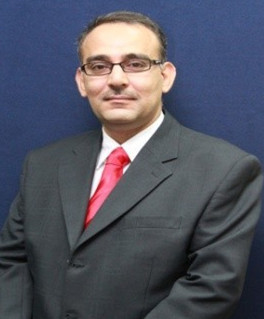Abstract—Tremendous efforts have been madeto propose
numerous indices for quantifyingstates of eutrophication in
lentic water bodies over the last decades. Most of the indices are
developed or modified considering conventional trophic state
indices [e.g., Carlson trophic state index (TSI)] or pre-specified
ranges of cause and response variables [e.g., index proposed by
Organization of Economic and Cooperation and Development
(OECD)], where a strong correlation structure must exist
among cause and response variables. Here an attempt is made
to model impreciseness or subjectivity of trophic state
levels,especially for weakly correlated variables. A generalized
framework using fuzzy synthetic evaluation (FSE), analytic
hierarchy process (AHP) and the concept of statistical entropyis
proposed to assess the trophic state of lentic water bodies. The
proposed methodology has been tested with the case study of
Jordan lake data set collected from the United States of
Geological Survey (USGS) data base.The result shows that, the
eutrophication problem is critical mostly during the months of
August to October,and the method can efficiently capture the
rapid changes in trophic states.The sensitivity of the model has
been tested with different weight structures for cause and
response variables considered during model development, and
the robustness of the model has also been tested with different
weighting techniques.
Index Terms—Eutrophication, AHP, entropy, FSE, trophic
state.
Tejaswini Dayanand Nalamuttis is with the Centre for Environmental
Science and Engineering, Indian Institute of Technology Bombay, Mumbai,
India (e-mail: tejudn@gmail.com).
Subhankar Karmakaris is with the Centre for Environmental Science and
Engineering, Indian Institute of Technology Bombay. He is also an
associated faculty: Interdisciplinary Program in Climate Studies, Indian
Institute of Technology Bombay, Mumbai, India (e-mail:
skarmakar@iitb.ac.in).
[PDF]
Cite:Tejaswini Dayanand Nalamutt and Subhankar Karmakar, "Modeling Impreciseness of Trophic State Levels for Eutrophication Assessment," Journal of Clean Energy Technologies vol. 2, no. 2, pp. 140-144, 2014.


